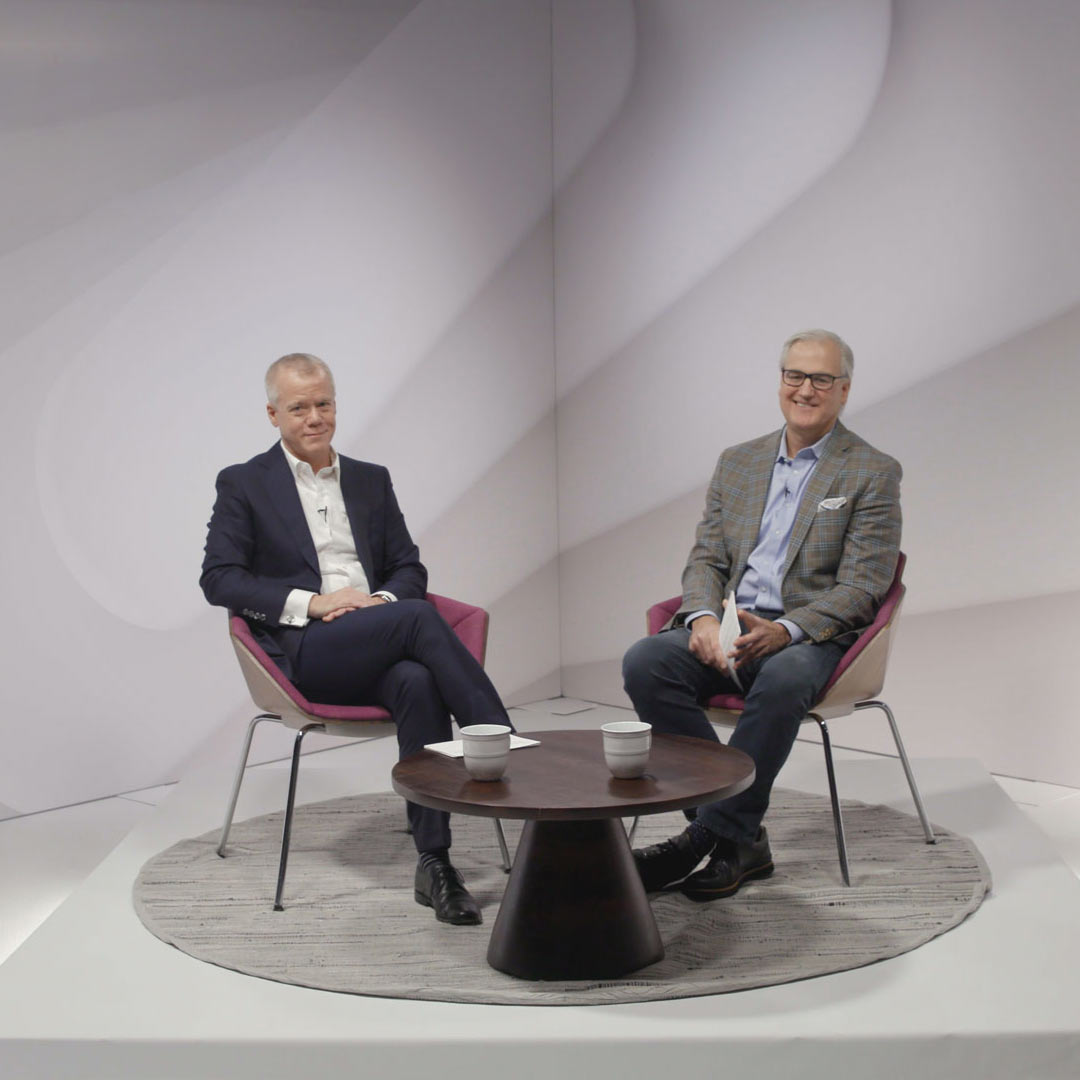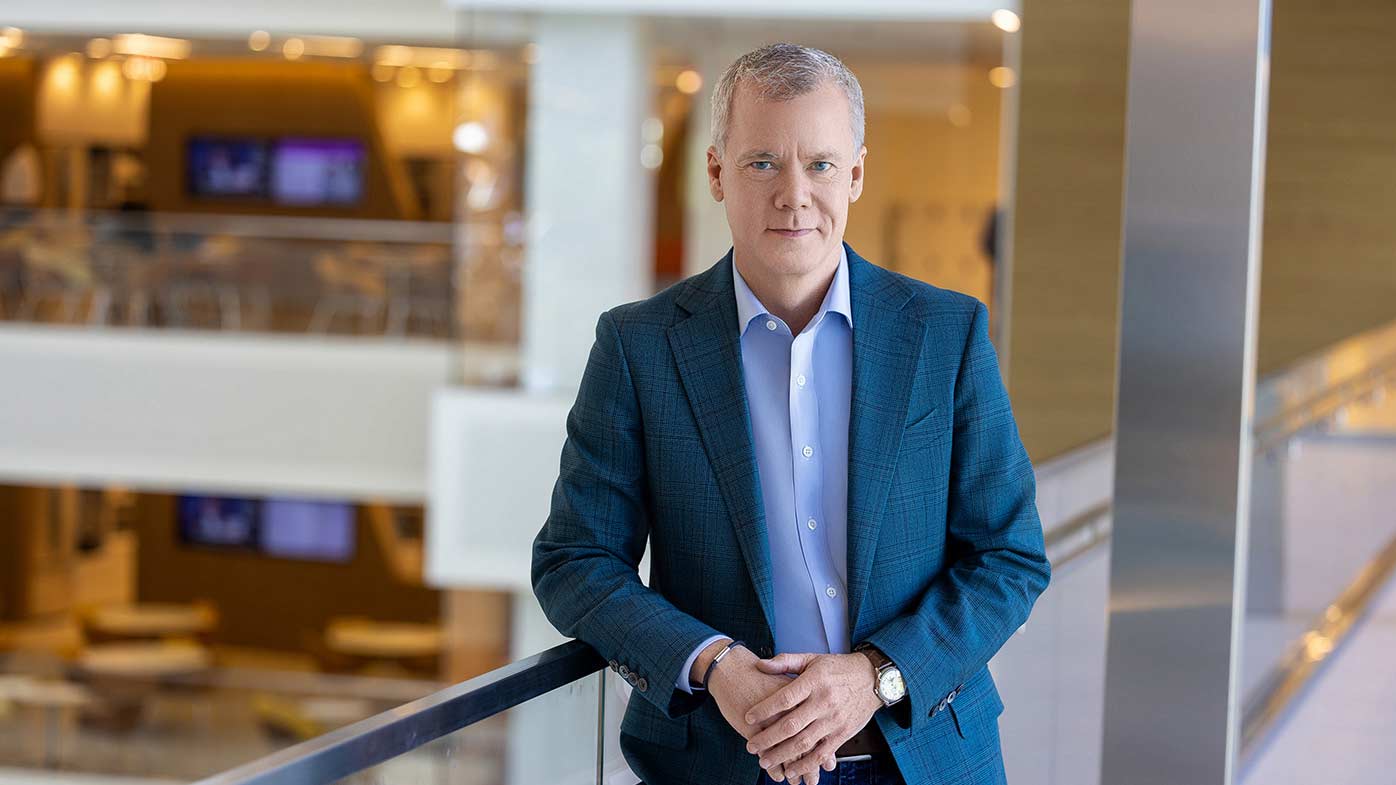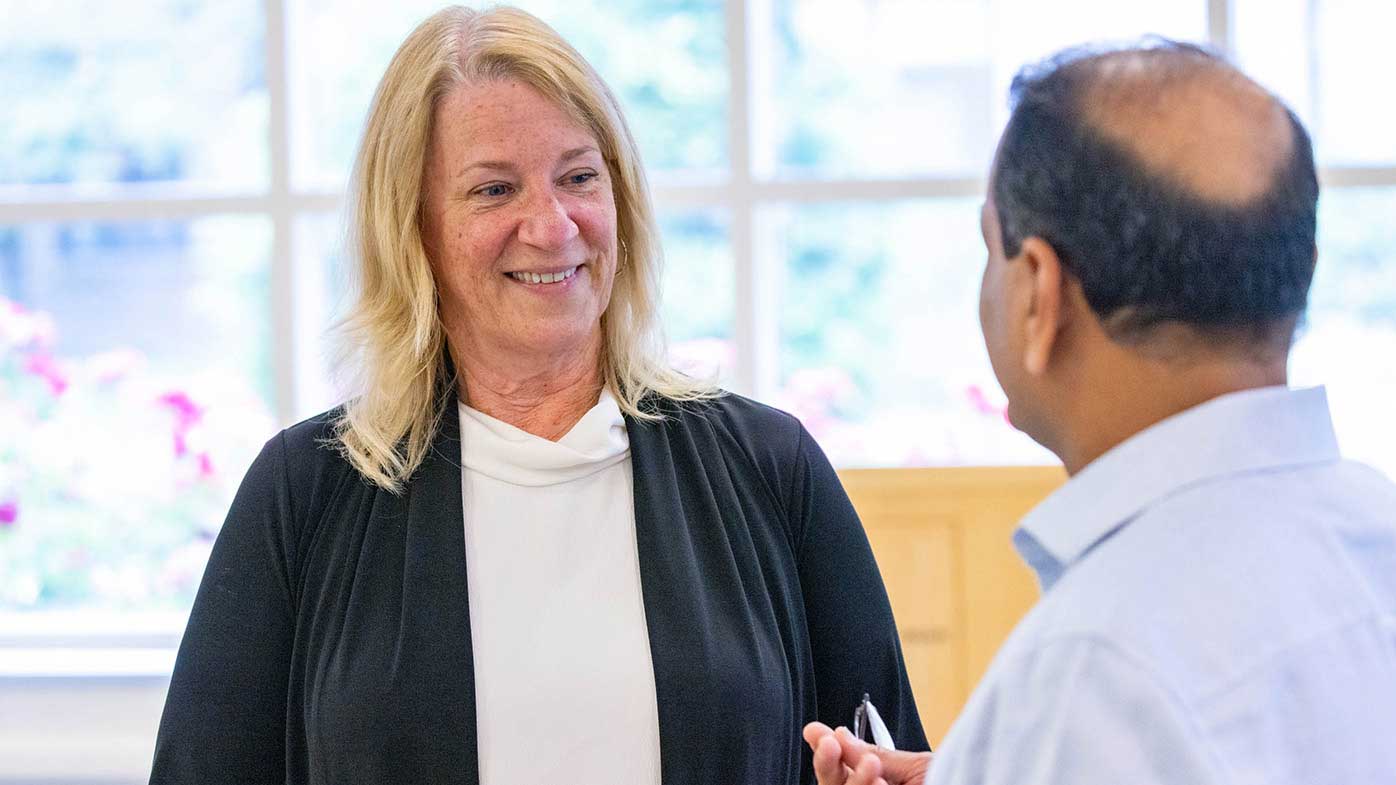
Giovanni Caforio, M.D., Chairman and CEO, Bristol Myers Squibb
I am a physician who joined the biopharmaceutical industry 30 years ago because of the impact companies like Bristol Myers Squibb – and the others represented here today – have on patients with serious diseases. We should all be proud that American companies lead our industry.
Bristol Myers Squibb researchers have contributed to the development of medicines that have reduced mortality from cardiovascular disease, helped transform HIV/AIDS into a chronic disease, and are now making significant progress in the treatment of cancer.
Just 10 years ago, the idea of harnessing the immune system to treat cancer was viewed with great skepticism. But Bristol Myers Squibb researchers saw the promise of the approach and ignited an era of scientific innovation that has changed survival expectations in multiple tumor types.
Prior to the availability of Immuno-Oncology treatments, only 25 percent of patients diagnosed with metastatic melanoma survived 1 year. Today, thanks to Immuno-Oncology therapies, this has increased to 74 percent.
The potential of this approach has also been seen in lung cancer, kidney cancer, and many other difficult-to-treat tumors. Patients with these diseases now have a chance for quality, long-term survival.
But not all patients respond to current immunotherapies, so we must do more. We recently opened a new discovery facility dedicated to investigating Immuno-Oncology resistance, and we continuously seek external innovation to augment our pipeline across multiple therapeutic areas. In this context, we recently announced our plan to acquire Celgene, a natural next step for our company. Our goal is to bring together the drive and dedication of two science-driven organizations to do even more for patients.
As a physician, I recognize that medicines are only helpful if patients and health care systems can afford them. We share the Committee’s concern with escalating health care costs and believe that our responsibility to patients extends to ensuring they can access and afford our medicines.


